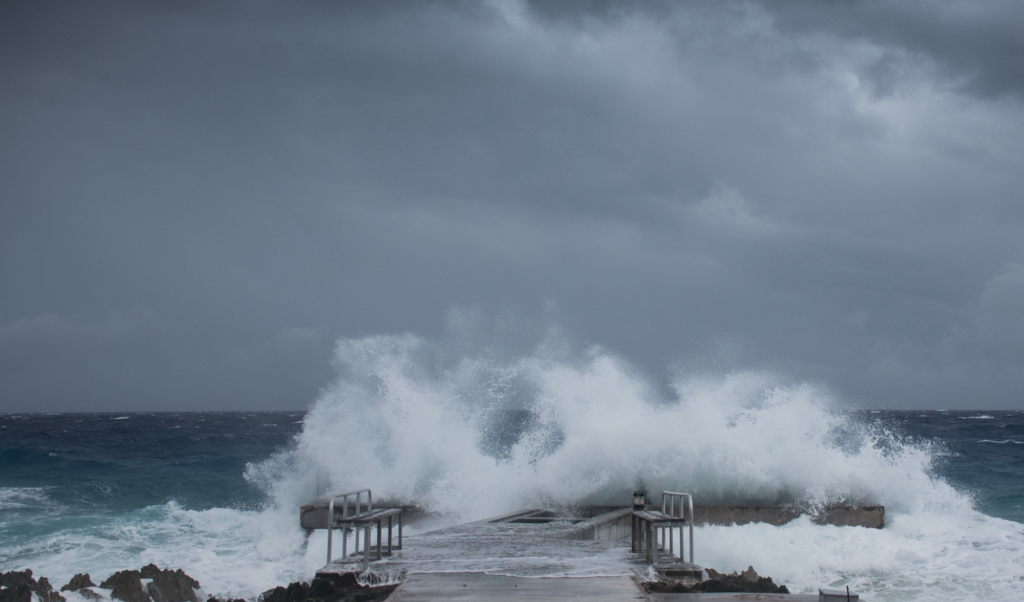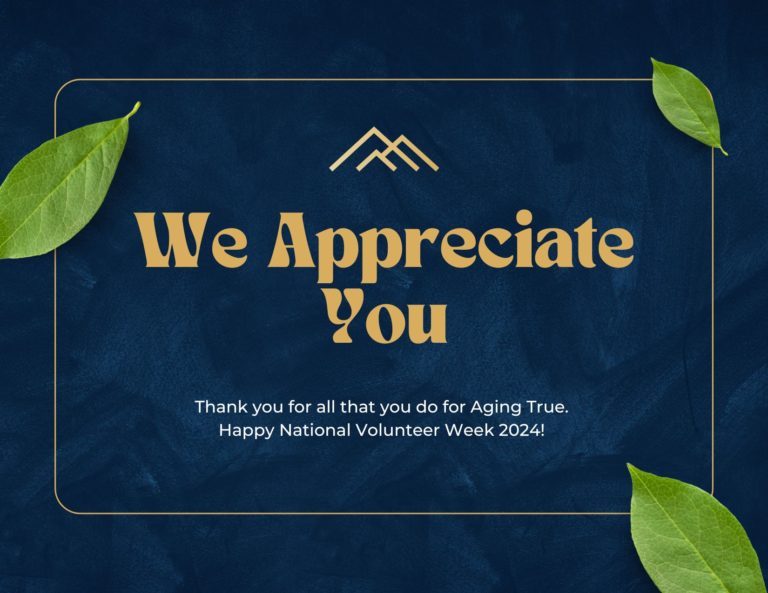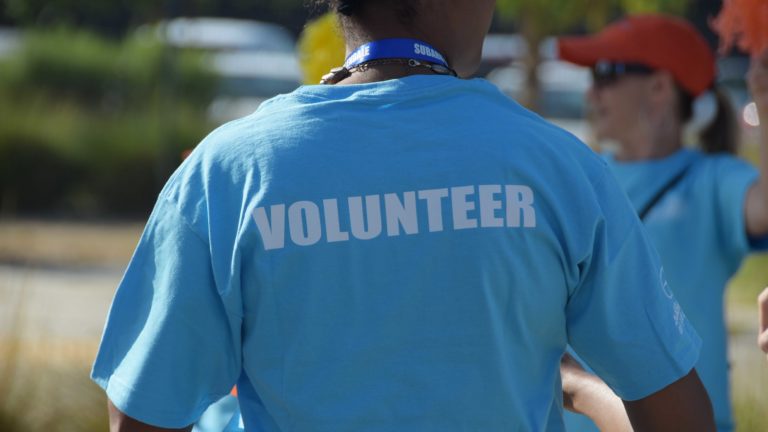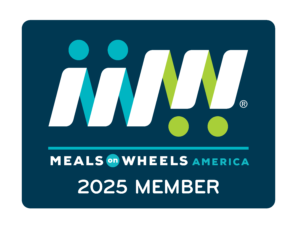Disasters are unpredictable and no matter how much you’re able to prepare before the storm, having a plan for after is just as important. In this post, we hope to gather useful resources that you can use to help you and your loved ones with disaster recovery.
Emergency Contact Phone Numbers
Police, Sheriff, Fire, Ambulance, Highway Patrol: 911
Florida Power & Light: 800-468-8243
JEA: (800) 683-5542 | (904) 665-6000
Florida Department of Elder Affairs: 850-414-2000
Florida Department of Environmental Protection: 850-245-2118
Florida Department of Financial Services: 877-693-5236
Florida Division of Emergency Management: 850-815-4000
Northeast Florida Red Cross: 904-358-8091 | 1-888-843-5748
Duval:
Jacksonville Fire & Rescue Department: 904-255-3280 (Non-Emergency)
Jacksonville Sheriff’s Office – 904-630-0500
Jacksonville Police Department – 904-630-7600
Duval County Department of Health – 904-253-1000
Beaches Energy Services – (904) 247-6241
Clay:
Clay County Emergency Management: 1-877-252-9362
City of Green Cove Springs 904-297-7500
Clay Electric 1-888-438-9844
Steps to Take After a Disaster
Here is a short list of steps suggested to be taken immediately following a disaster.
- Address any physical injuries
- Ensure your family members and pets are safe and accounted for, contacting first responders if anyone is missing.
- Ensure you have your to-go bag and any essential documentation/records
- Take pictures of any and all damages to your property, homes, cars, etc.
- Once photos are taken ensure any short-term repairs are made to make the space safe for habitation. If this cannot be accomplished, procure another place of residence until it is safe to return
- Contact insurance agencies and save all receipts for repairs, photos before repairs etc. for your claim.
- If you are forced to stay in another location save all expense receipts from that time, your home/renters insurance may offer reimbursement.
- If you do not have a planned place to reside and are unable to afford temporary accommodation, find a local shelter.
- If you would like to register for disaster assistance, you can do so at: http://www.disasterassistance.gov/ (please check the list of documentation you will be required to have in order to apply)
Clean up
After a disaster, a large portion of time will be spent cleaning up and rebuilding. Your city will clean up active hazards such as downed trees and power lines on public roads and property, however, homeowners will need to handle repairs/clean up on their property.
Debris Removal – Debris Separation:
Separate debris into the four following categories. Failure to keep debris separated by type may prevent workers from collecting it.
- White Goods/Appliances
- Construction & Demolition/Bulky Waste Debris- Building Materials, carpet,
drywall, fencing, furniture, lumber, mattresses, plumbing
- Vegetative Debris- Leaves, logs, plants, tree branches, bag leaves for weekly pick-up
(5 cubic yards/30 bags) Do not put vegetative debris in City-issued trash or recycling carts.
- Routine Household Waste
When to Place Debris:
Debris should be placed curbside as soon as safely possible after the storm to ensure efficient removal. Storm recovery crews make multiple passes, targeting areas with the heaviest debris first. Check your local government for a pickup schedule
Where to Place Debris:
Debris should be placed curbside without blocking the roadway or storm drains. Place debris at least three feet from all obstacles. Do not stack or lean debris against utility boxes/poles, mailboxes, fire hydrants, or other structures. Do not place debris under trees or power lines.
Do Not Burn Debris:
Burning storm debris is a violation of Jacksonville’s year-round burn ban. Citizens can report this violation to 630-CITY (2489) by phone or online at myjax.custhelp.com.
Power/Water Outages
To check the status of local power outages and repair efforts, you can visit Outage Center | JEA




